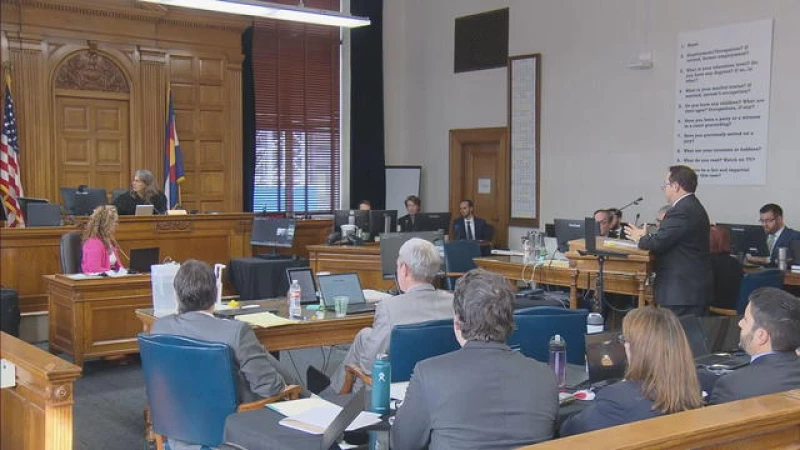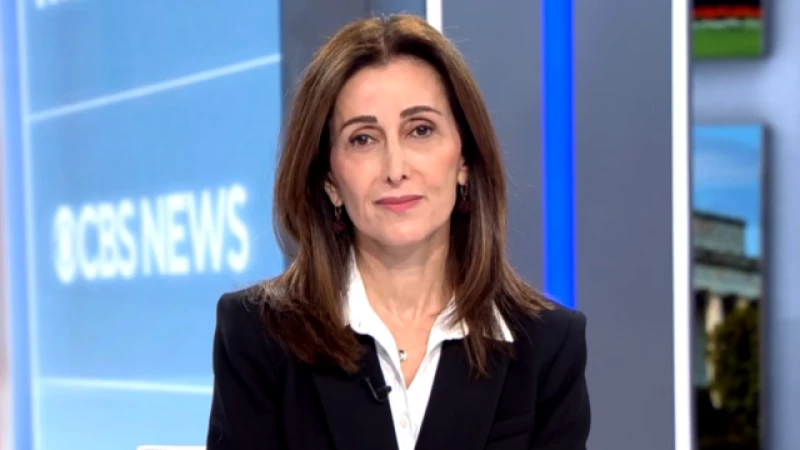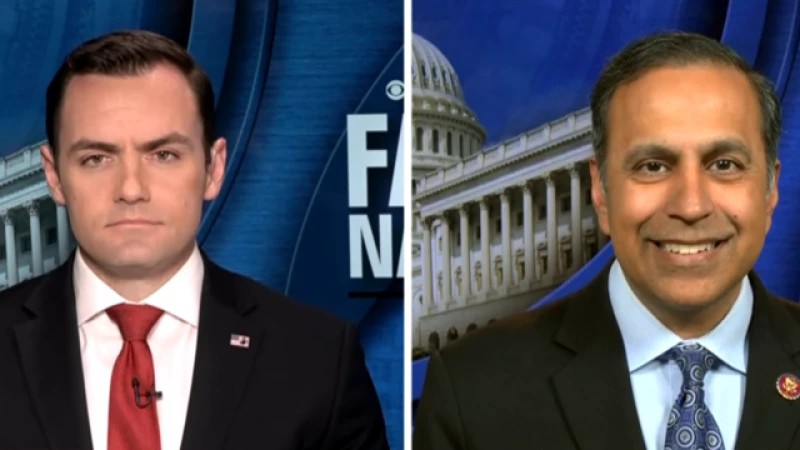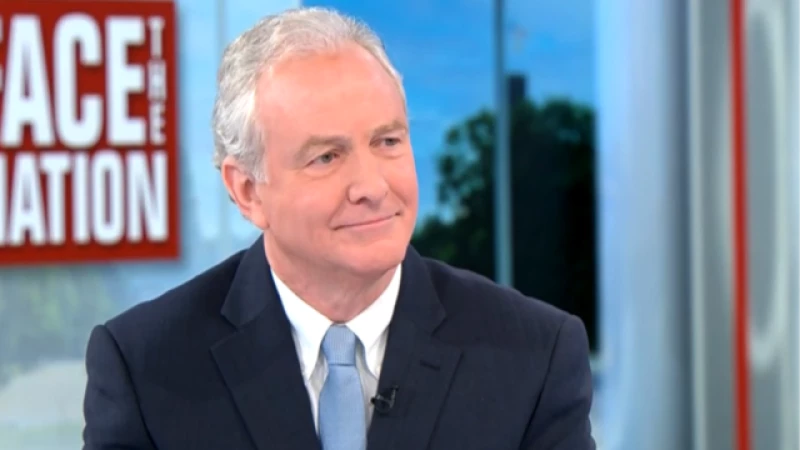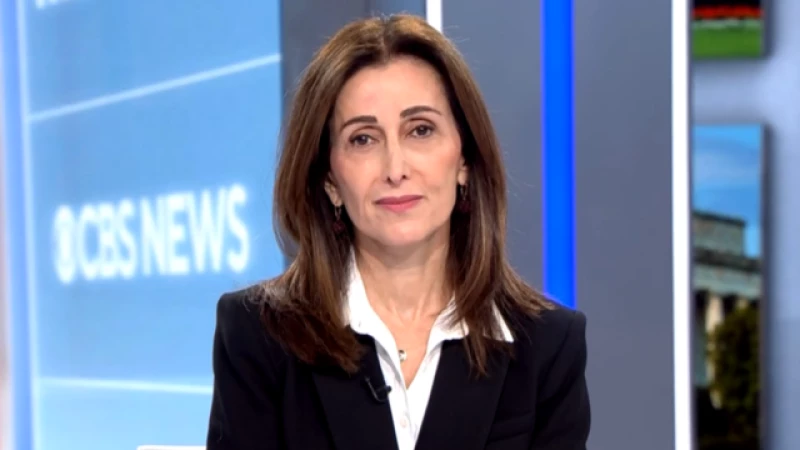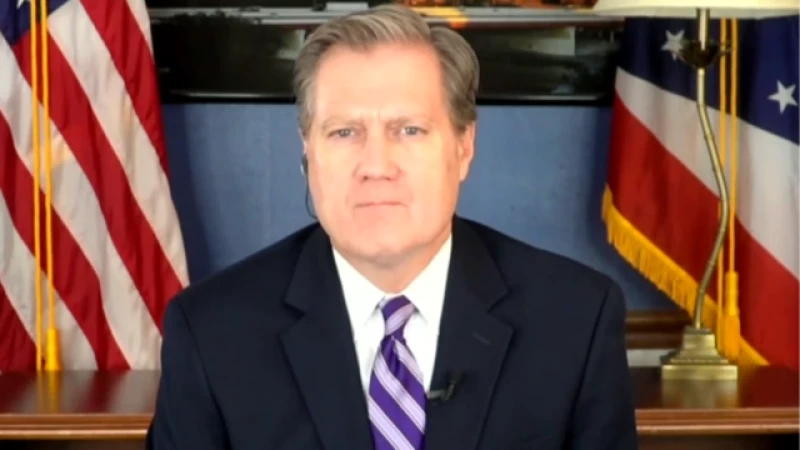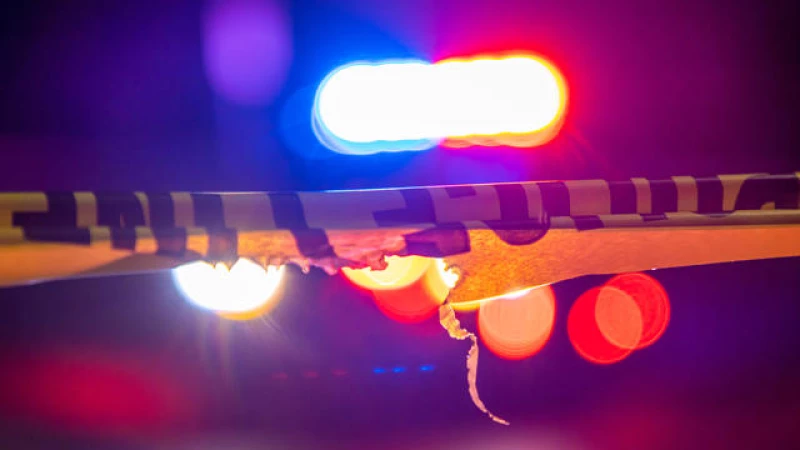Former President Donald Trump Allowed on Colorado Primary Ballot
A Denver District Court judge has issued a ruling that former President Donald Trump can appear on the Colorado primary ballot. The decision came down just before 5 p.m. Friday. At issue was whether he was barred from the ballot by a provision of the U.S. Constitution that forbids those who "engaged in insurrection" from holding office.
Colorado Secretary of State Jena Griswold released this statement shortly after the ruling, "The Court determined that Donald Trump is eligible to be placed on the Colorado ballot in the March Presidential Primary. This decision may be appealed. As Secretary of State, I will always ensure that every voter can make their voice heard in free and fair elections."
Advocates this year have been trying to remove Trump from the ballot in Colorado and other states under Section Three of the 14th Amendment, which bars from office those who swore an oath to uphold the U.S. Constitution and then "engaged in insurrection" against it. The measure has only been used a handful of times since the period after the Civil War.
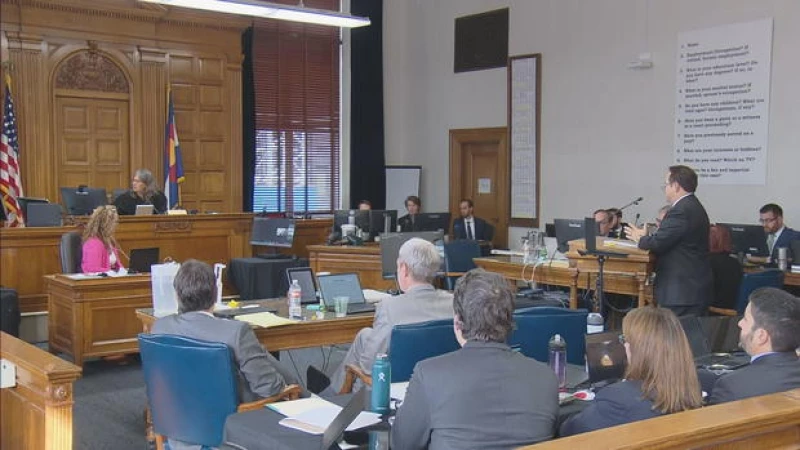
11_17_2023 Final Order by CBS News Colorado on Scribd
Closing Arguments Conclude in Lawsuit Challenging Trump's Eligibility for Office
Closing arguments in a high-profile lawsuit challenging former President Donald Trump's eligibility to hold office concluded on Wednesday. The lawsuit, filed by the left-leaning group Citizens for Responsibility and Ethics in Washington, alleges that Trump engaged in an insurrection by inciting the violent attack on the U.S. Capitol on January 6th in an attempt to halt the peaceful transfer of power.
During the hearing, Sean Grimsley, an attorney for the petitioners, argued that Trump's actions make him ineligible to hold office under the 14th Amendment. Grimsley claimed that the evidence clearly shows that Trump intended to incite violence, while Trump's attorney, Scott Gessler, countered that there is no evidence to support this claim and that violence does not equate to an insurrection.
Gessler stated, "The petitioners are asking this court to do something that's never been done in the history of the United States. The evidence doesn't come close to allowing the court to do it."
The trial, which concluded two weeks ago, featured testimonies from D.C. riot police, rallygoers, constitutional experts, and two members of Congress. Grimsley reiterated the petitioners' case during the hearing, emphasizing that Trump's actions constituted an insurrection and that the Constitution does not permit him to hold office again.
If successful in their efforts to keep Trump off the primary ballot in multiple states, advocates hope to prevent him from securing the necessary delegates for the Republican presidential nomination.
Regardless of the judge's ruling, it is expected that the case will be appealed and ultimately reach the U.S. Supreme Court.
Several recent lawsuits challenging the eligibility of Donald Trump to appear on primary ballots have been unsuccessful. In Michigan, a judge dismissed a lawsuit arguing that the 14th Amendment applies to Trump's eligibility, stating that it is a "political question" to be resolved by Congress. The group behind the lawsuit, Free Speech For People, plans to appeal the decision. Similarly, the Minnesota Supreme Court avoided ruling on the issue, stating that political parties have the right to determine who qualifies for primaries. However, the court left open the possibility of a challenge in the general election if Trump becomes the Republican nominee. The Trump campaign has denounced the lawsuits as "election interference" and an attempt to prevent voters from having their preferred choice in the upcoming election.

